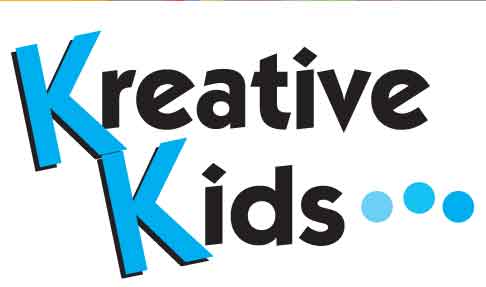Get the Best Family Activities
In my own life I have a story about volleyball. My daughter plays volleyball with a girl who is a volleyball phenomenon. She wants to go to the Olympics, and she's doing everything in her power to make that happen. She has great skill (as a 14-year-old, she plays on a 16-year-old team who has won every championship they've entered), but, more than that, she really wants it. She is fortunate to have parents who support that desire. Her mom drives nine hours a week and sits outside a closed practice for six hours-every week. This is with a public schooled kid. A great number of Olympic athletes are tutored, so that they can practice daily. She attends national qualifiers and camps to better her exposure. This family is all about volleyball, all the time. But it's not parent driven; it's parent supported. The drive comes from within that athlete.
And then there's my daughter. She has great talent and potential, but she doesn't have Olympic drive. She doesn't want to sacrifice that much of her life for volleyball, and that's okay with her. However it is not so easily accepted by me. I am hyper competitive by nature. Even though I was never an athlete, I live for a challenge—the harder the better. My daughter is not like that. I had to do a lot of my own work on my disappointment and what it meant to me that my daughter wasn't driven to be the best of the best. I had to walk my talk and meet my daughter where she was, not where I thought she should be. When I got right down to it, I am not willing to go the distance either. I’m not an Olympic parent—and that’s okay.
I talk a lot about plugging-in to your kids where they are, not where you think they should be. When you make it a priority to support your kids in their dreams, you can help them in a way that isn't dragging them behind you or pushing them ahead of you. You can reach a place where you walk side-by-side. Whether that means you’re walking down the road to a medal or not depends upon your child’s desire, not yours.







